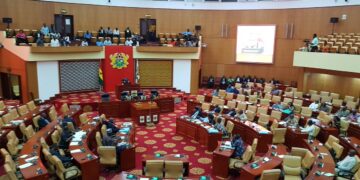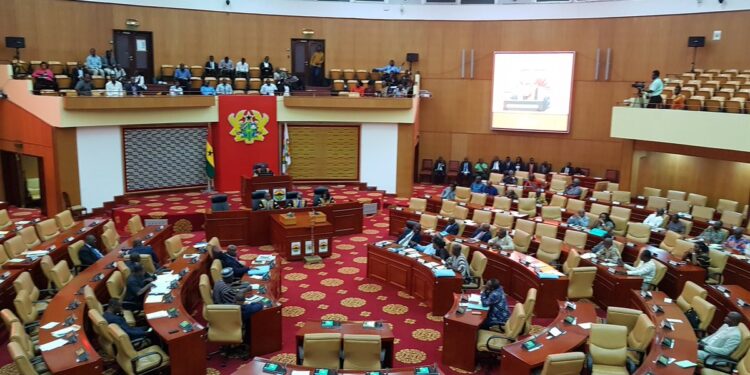Dr. Frederick Oduro, a governance expert, has described Ghana’s Parliament as a “party-controlled system” that often prioritizes partisan interests over national concerns.
Speaking on ABC in the Morning, Dr. Oduro supported Speaker Alban Bagbin’s decision to decline the Majority Caucus’s request to recall Parliament ahead of the December 7 elections.
He criticized the recall attempt as driven by political motives rather than the public good, stating, “Parliament has become an arena of supermanship, where everybody wants to flex their muscles.”
The Speaker’s decision came in response to a letter from Majority Leader Alexander Afenyo-Markin proposing a two-day emergency session to address 22 urgent government matters.
However, in a detailed memo, Speaker Bagbin questioned the feasibility of resolving such an extensive agenda within the proposed timeframe.
He emphasized that parliamentary activities would remain suspended until after the elections, allowing political parties and candidates to focus on engaging the electorate and presenting their manifestos.
This move has sparked debates over the fate of pending government business in Parliament.
Dr. Oduro believes the Speaker’s stance is prudent, given the constitutional mandate for parliamentary sessions to serve the national interest.
“Both sides of the House are in for partisan interest,” he argued, highlighting the need for a shift towards a more collaborative and less politicized approach to governance.
Meanwhile, the Majority Caucus’s concerns over unresolved legislative matters will likely resurface once Parliament reconvenes after the elections.

































